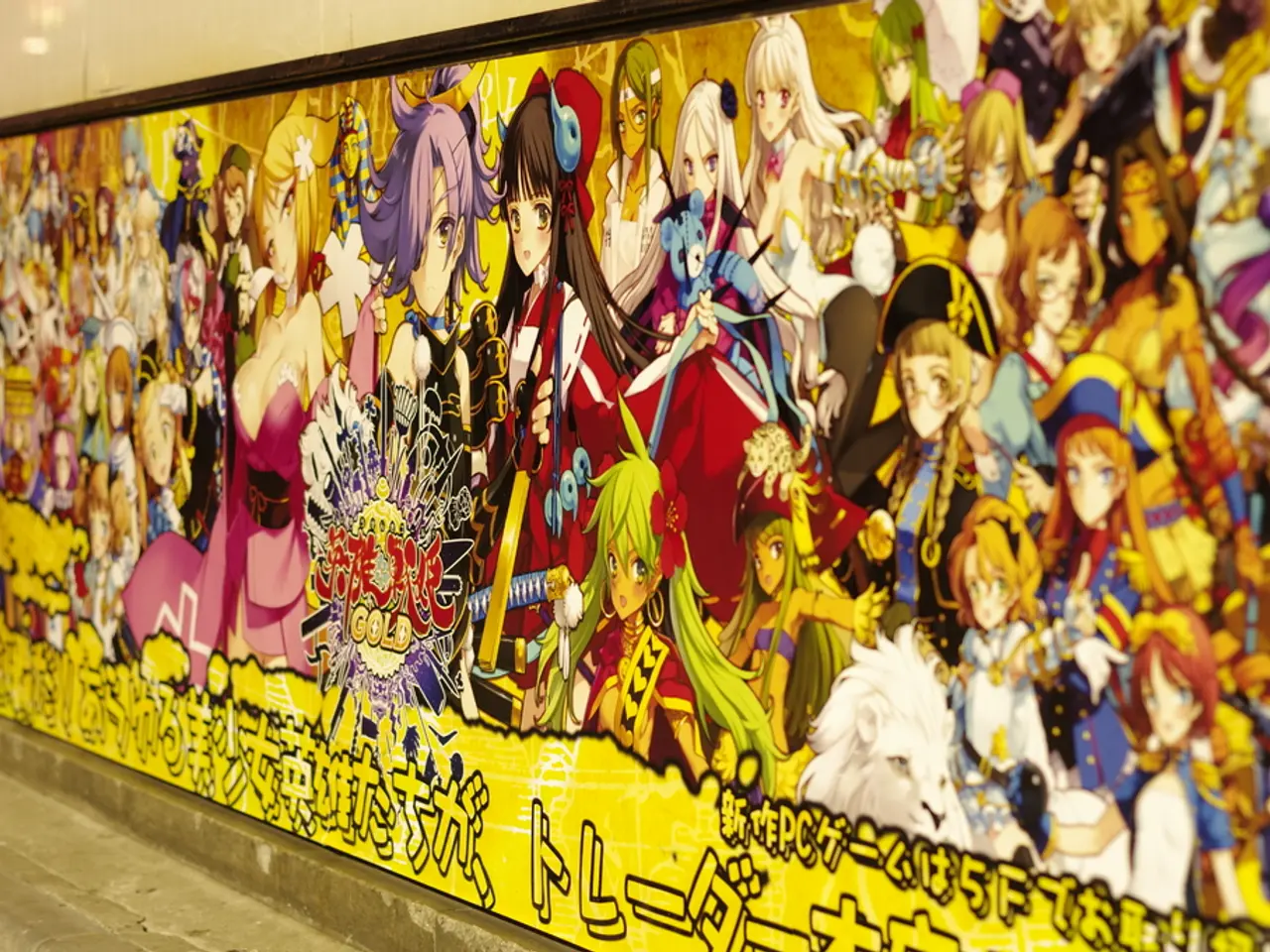OpenAI Strengthens Copyright Holders' Control Over AI-Generated Characters
OpenAI is bolstering copyright holders' control over AI-generated characters, particularly those from Japanese content. This shift comes less than a week after the release of OpenAI's Sora 2 model, which allows users to create hyper-realistic clips inspired by real cartoons and video games.
OpenAI acknowledged the deep connection between users and Japanese content, with users creating sophisticated AI clips featuring popular characters like Pikachu, Super Mario, and Sonic the Hedgehog. However, this has raised concerns among rights holders, leading to OpenAI's decision to tighten its policy.
The new policy involves an opt-in system, allowing rights holders, including film and television studios, to block or permit usage of their characters. OpenAI also plans to share monetization revenues with these rights holders. This move follows a warning from Japanese lawmaker Akihisa Shiozaki about serious legal and political issues regarding generative AI.
Initially, Sora 2 refused requests for videos featuring Disney or Marvel characters but allowed other US and Japanese franchise characters. However, OpenAI is now set to give rights holders more granular control over character generation, similar to the opt-in model for likeness but with additional controls.
OpenAI's decision to strengthen copyright holders' control over AI-generated characters is a significant shift in policy. This move comes amidst lawsuits over copyright infringements and warnings from Japanese lawmakers. Meanwhile, Nintendo has stated it will continue to protect its intellectual property rights, regardless of AI involvement.
Read also:
- Web3 gaming platform, Pixelverse, debuts on Base and Farcaster networks
- Humorous escapade on holiday with Guido Cantz:
- Expands Presence in Singapore to Amplify Global Influence (Felicity)
- Amazon customer duped over Nvidia RTX 5070 Ti purchase: shipped item replaced with suspicious white powder; PC hardware fan deceived, discovers salt instead of GPU core days after receiving defective RTX 5090.








